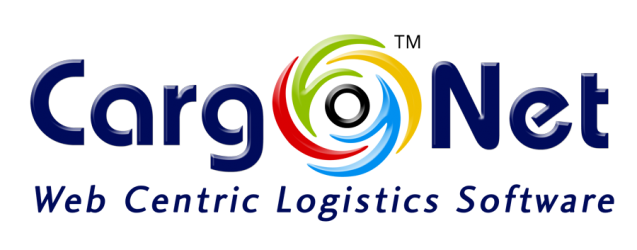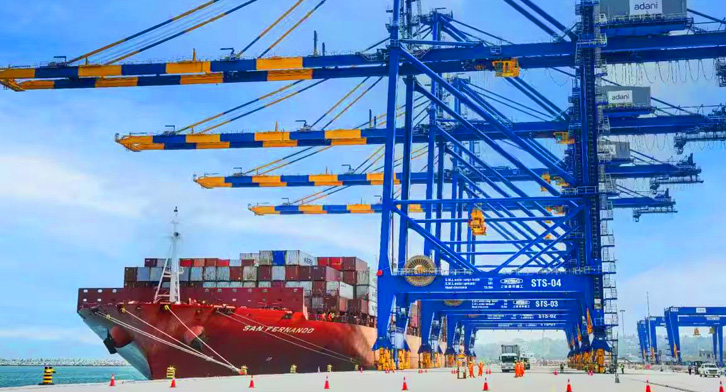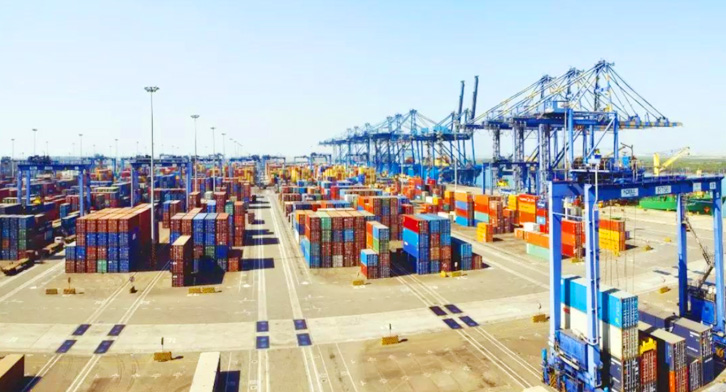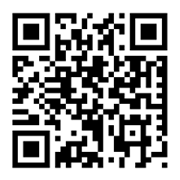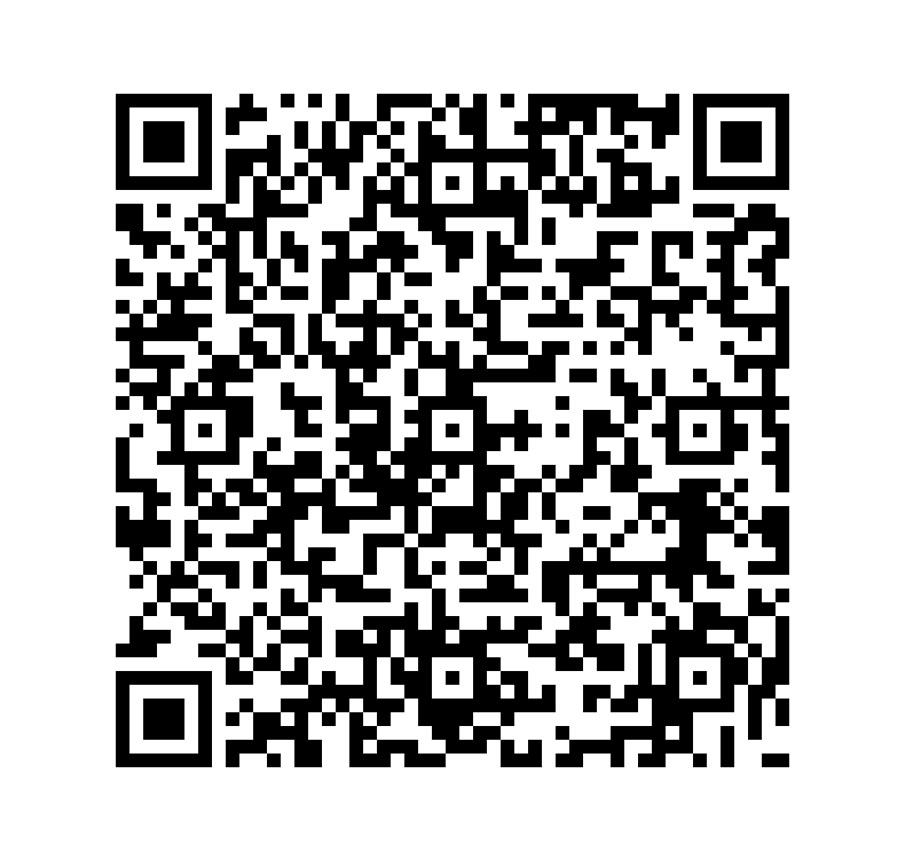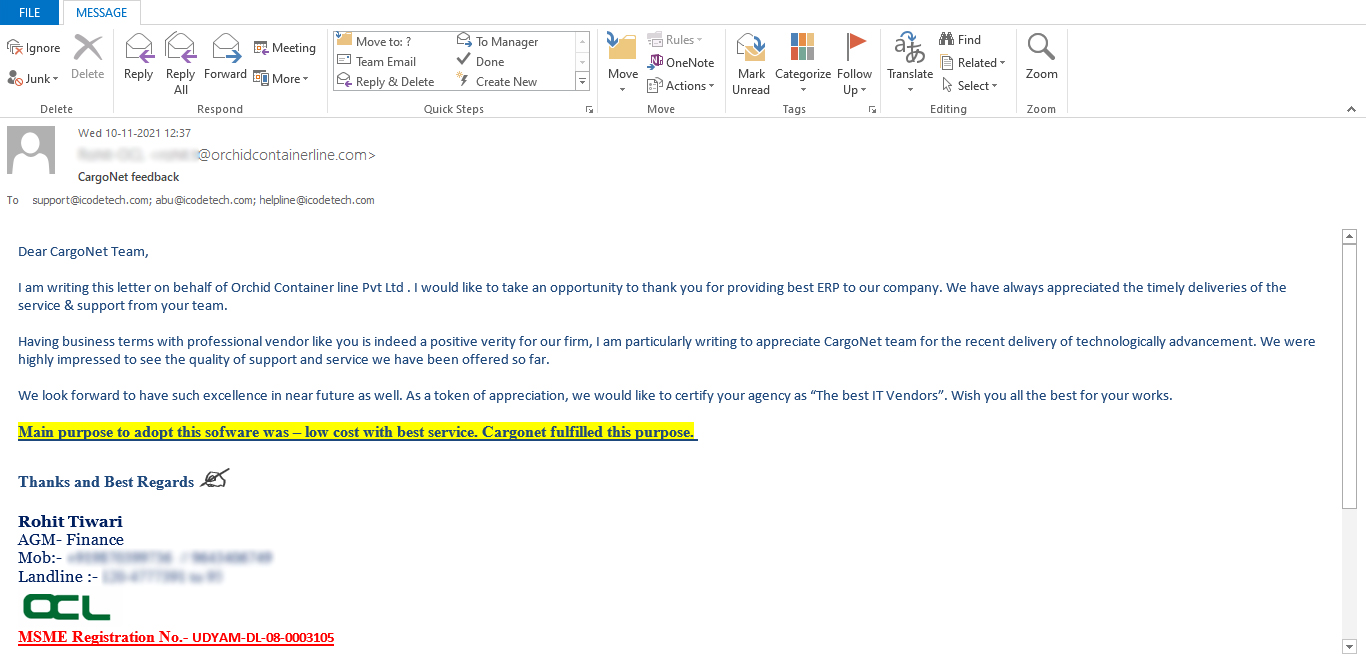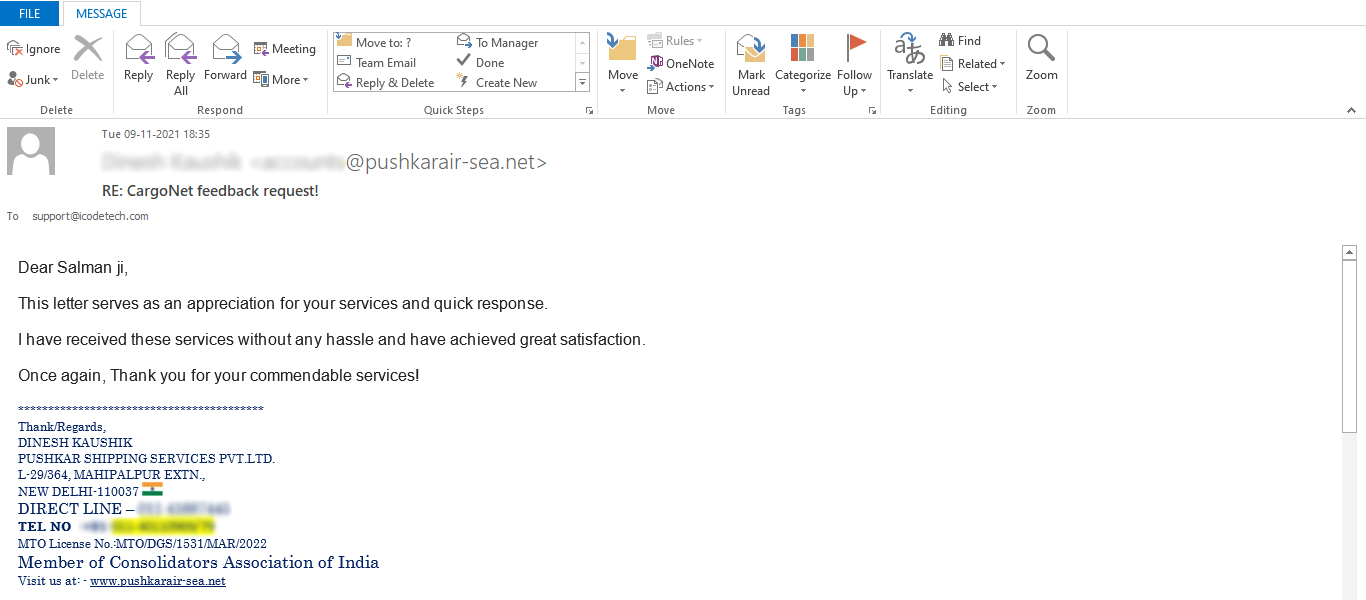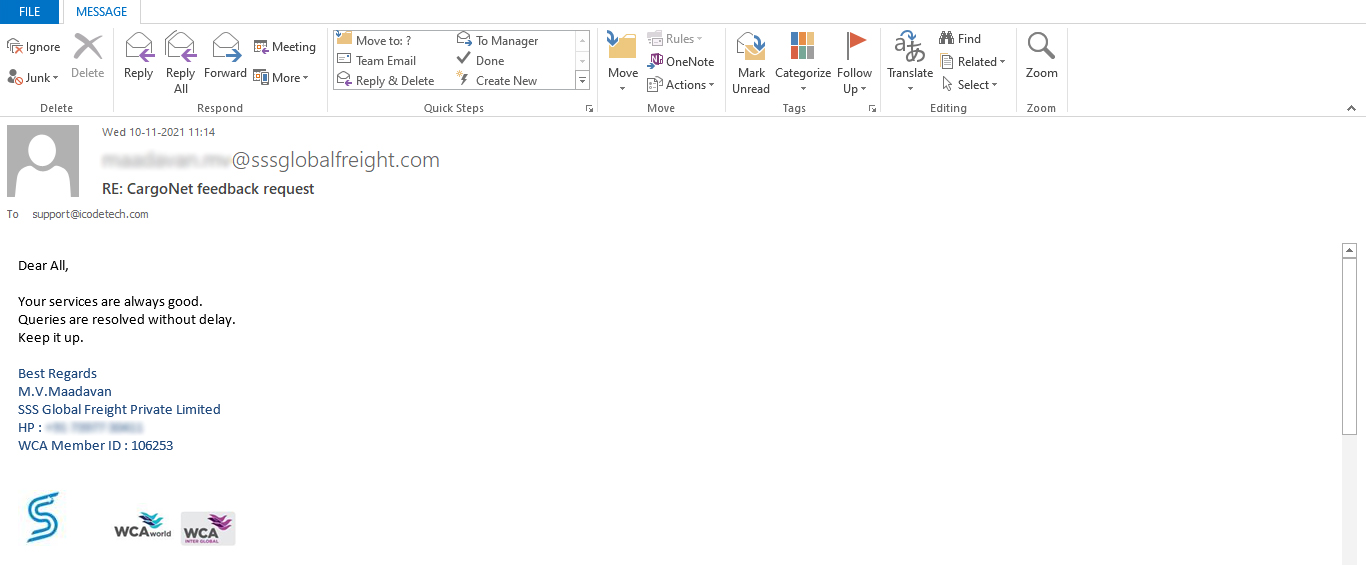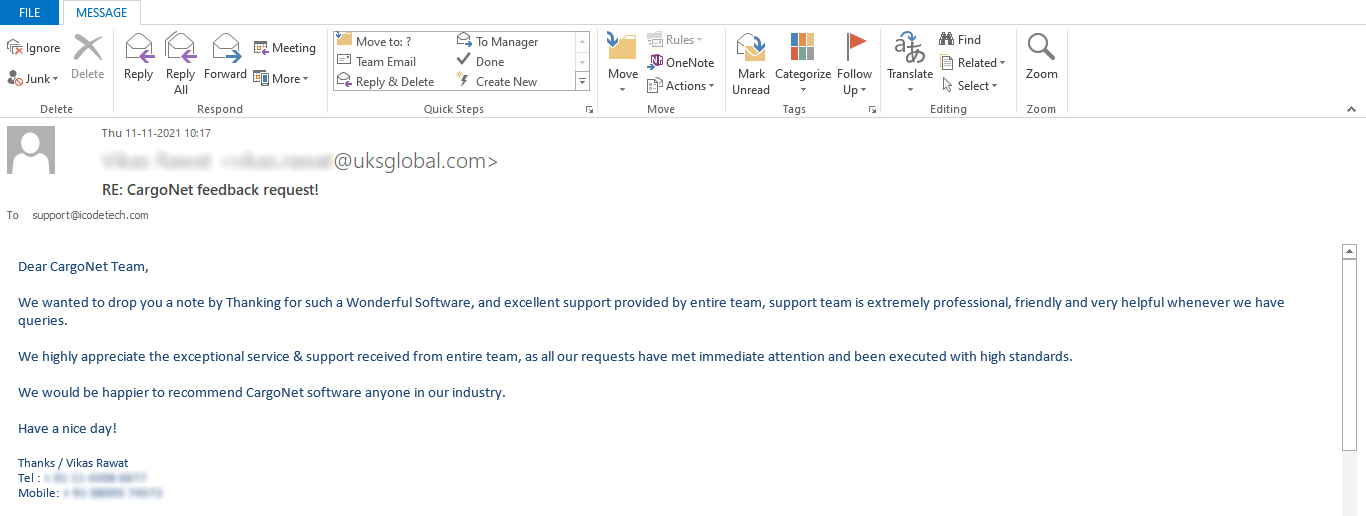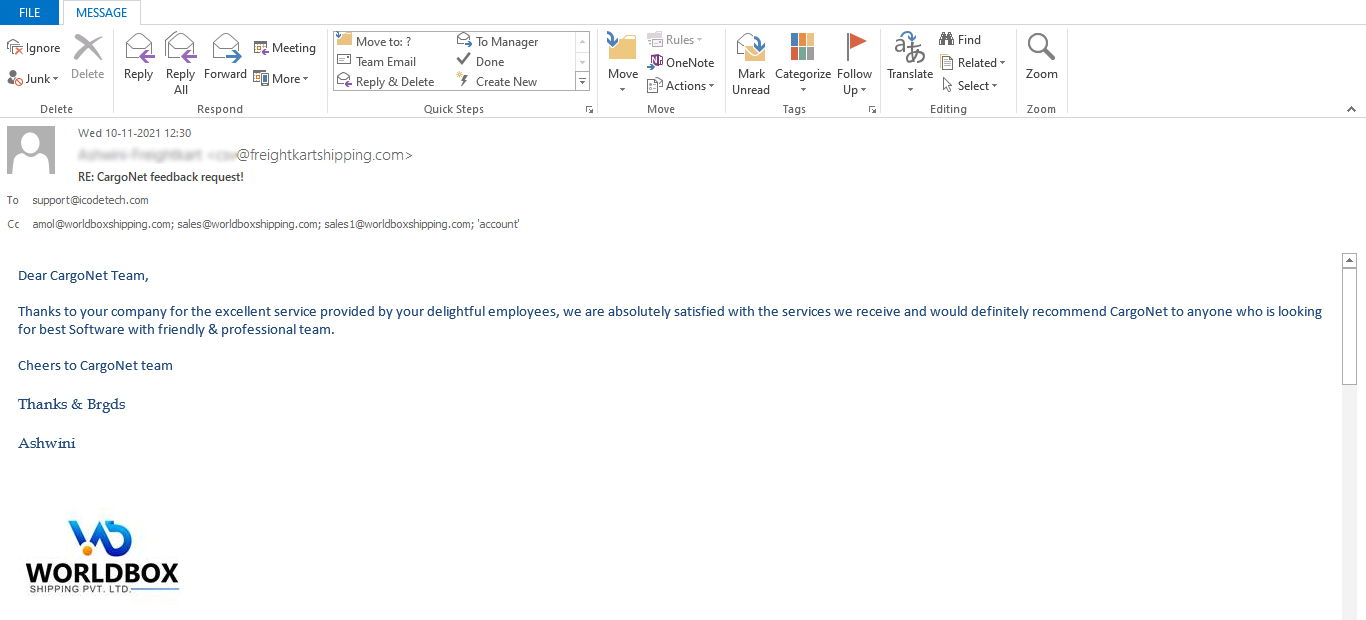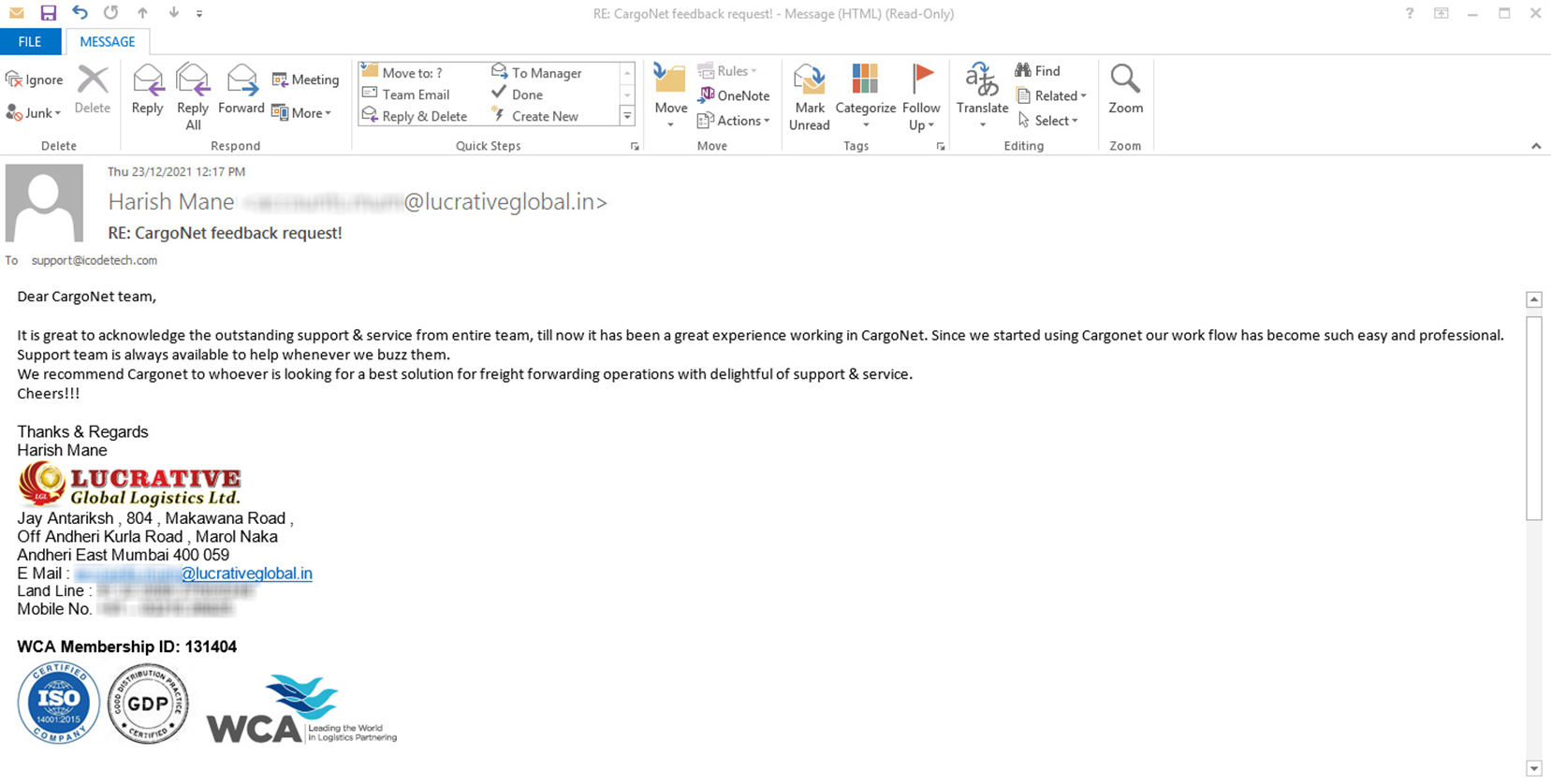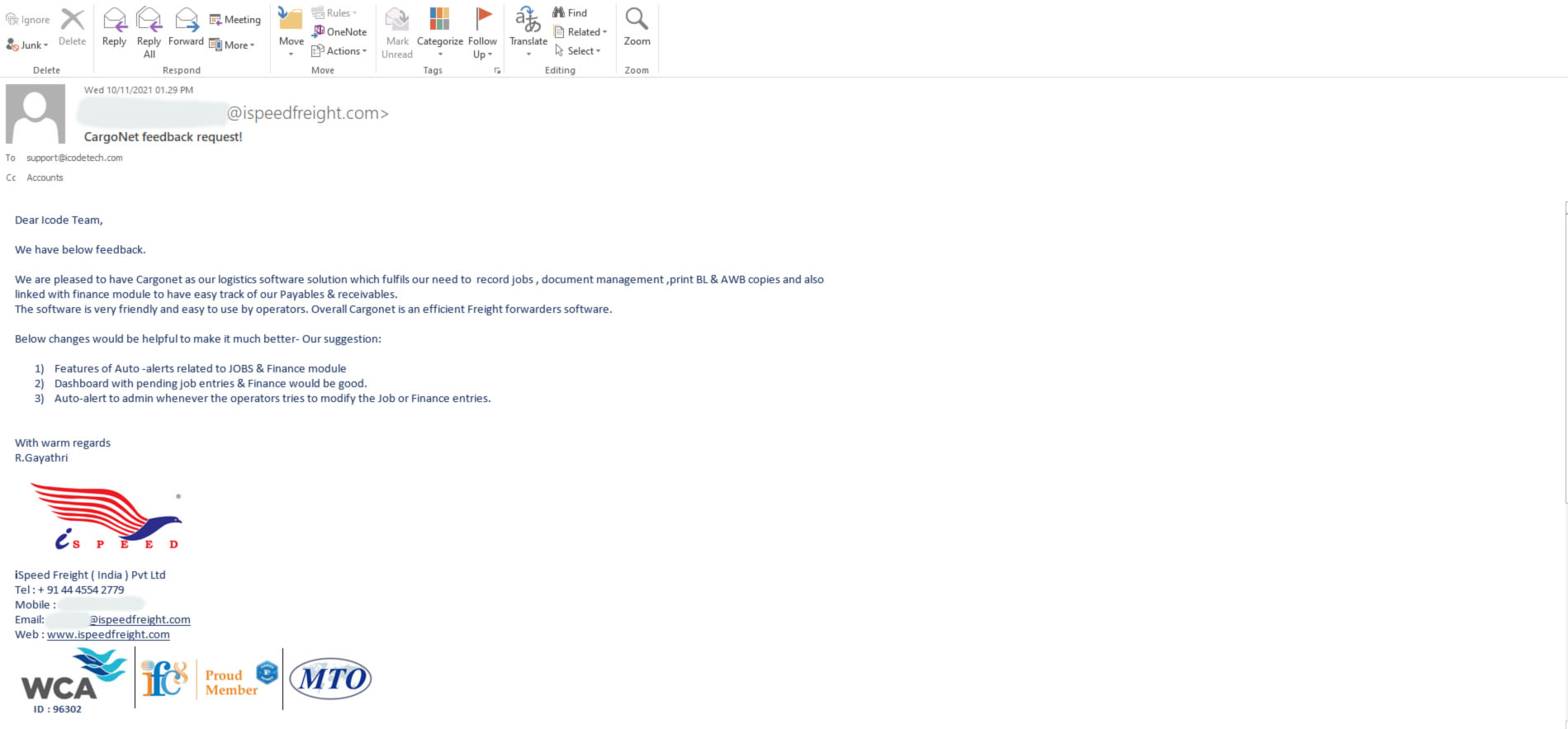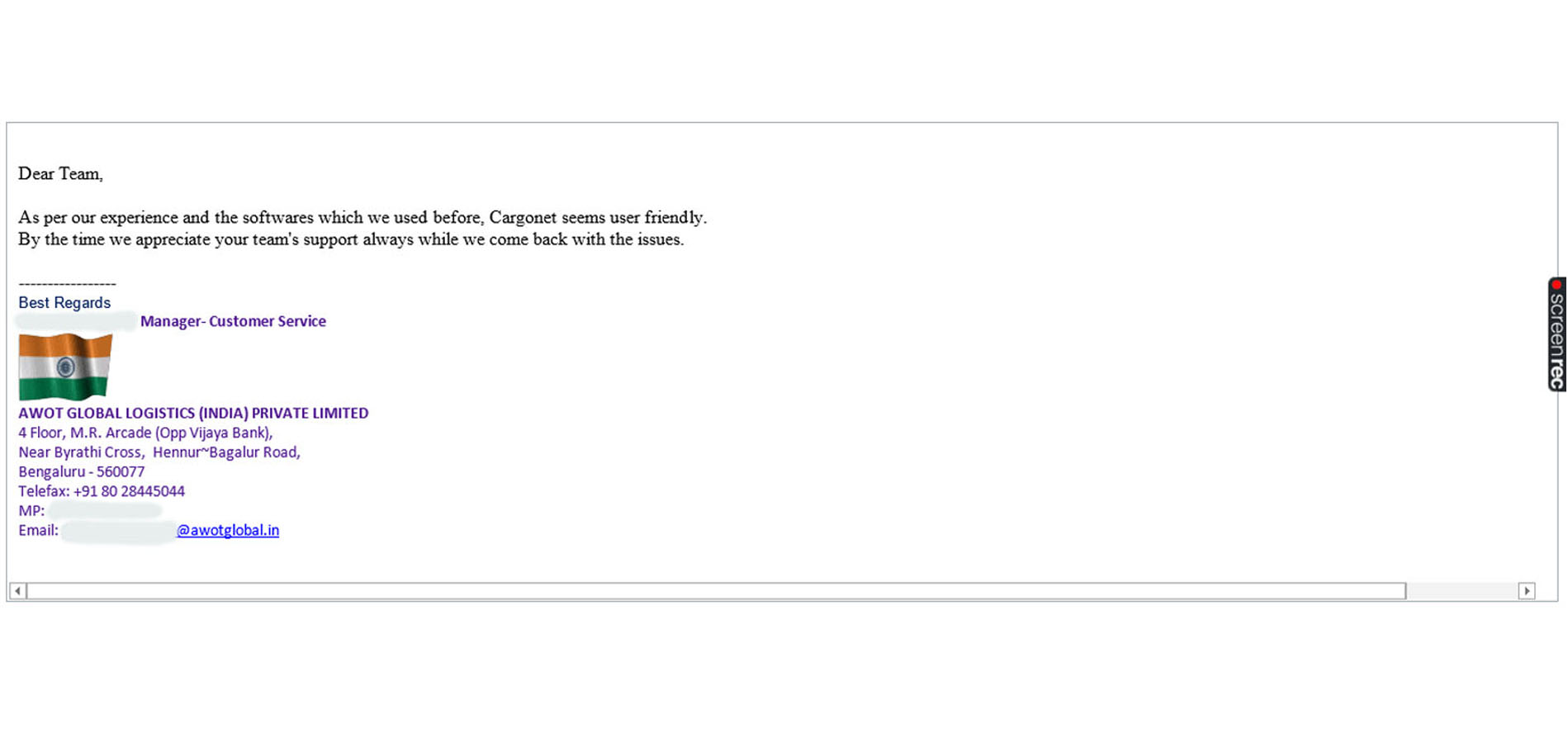In the quick-moving world of handling shipments and managing freight , efficiency is key to success. From managing inventory to processing invoices, every aspect of the operation must be optimized to ensure smooth and profitable operations. One critical challenge that logistics companies often face is the seamless integration of their Enterprise Resource Planning (ERP) systems with invoicing platforms, especially when it comes to compliance with regulatory authorities like the Zakat, Tax, and Customs Authority (ZATCA).
Enterprises in the logistics and freight industry rely heavily on ERP systems. CargoNet is an ERP to manage their operations efficiently. However, the process of generating and managing invoices, particularly when it involves adherence to complex tax regulations, can be cumbersome and time-consuming. This is where integrating CargoNet logistics software solution with ZATCA invoicing can make a significant difference.
Understanding the Challenge
Before diving into the solution, it’s important to understand the current challenge. CargoNet software handles various aspects of logistics operations, including inventory management, order processing, and supply chain optimization. On the other hand, ZATCA imposes specific invoicing requirements that must be met to ensure compliance with tax regulations.
CargoNet ERP: The Backbone of Logistics Management
At the heart of logistics operations lies CargoNet freight solution, offering a comprehensive suite of tools for inventory management, order processing, and supply chain optimization. Its user-friendly interface and robust functionalities have positioned it as a preferred solution for businesses striving for operational excellence.
Challenges in Invoicing and Compliance:
Dealing with invoices and tax rules, especially those set by ZATCA, is a major issue for logistics companies in Saudi Arabia. When invoices are handled manually, mistakes can happen easily, causing delays and risking non-compliance with regulations. This not only affects the company’s performance but also its reputation in the industry. Therefore, finding effective solutions to streamline invoicing processes and ensure compliance is crucial for these companies to maintain their competitiveness and reputation.
The Integration Solution
Integrating CargoNet ERP with ZATCA invoicing offers a comprehensive solution to streamline logistics operations while ensuring compliance with tax regulations. Here’s how it works:
- Data Synchronization: Integration enables seamless exchange of data between CargoNet Freight ERP and ZATCA invoicing platform. This includes transferring relevant information such as sales orders, invoice details, customer information, and tax data.
- Automated Invoicing: With the integration in place, the process of generating and submitting invoices to ZATCA becomes automated. This eliminates manual intervention, reduces errors, and speeds up the invoicing process.
- Compliance Assurance: By integrating directly with ZATCA, CargoNet freight forwarding software solution ensures that generated invoices adhere to the required tax regulations. This mitigates the risk of non-compliance and potential penalties.
- Efficient Workflow: Integration helps make work easier by automating tasks and connecting different systems. This means logistics companies can focus on important work instead of dealing with separate information storage.
- Real-Time Insights: With data flowing seamlessly between CargoNet solution and ZATCA, logistics companies gain access to real-time insights into their financial transactions and tax liabilities. This enables better decision-making and financial planning.
Implementation Best Practices
To ensure a successful integration, logistics companies should follow these best practices:
- Engage with experienced integration specialists or developers to design and implement the integration architecture.
- Conduct extensive testing to validate data accuracy, compliance, and system performance.
- Provide comprehensive training to staff members to familiarize them with the integrated system.
- Establish ongoing support and maintenance procedures to address any issues that may arise post-implementation.
- Conclusion
Integrating CargoNet ERP with ZATCA invoicing presents a significant opportunity for logistics companies to enhance operational efficiency, streamline invoicing processes, and ensure compliance with tax regulations. By leveraging automation and seamless data exchange, businesses can focus on delivering exceptional service to their customers while staying ahead in a competitive industry landscape.
In today’s dynamic logistics environment, embracing technology-driven solutions like ERP integration is not just a choice but a necessity for sustained growth and success. With the right integration strategy in place, logistics companies can navigate regulatory complexities with ease and unlock new levels of efficiency and profitability.

